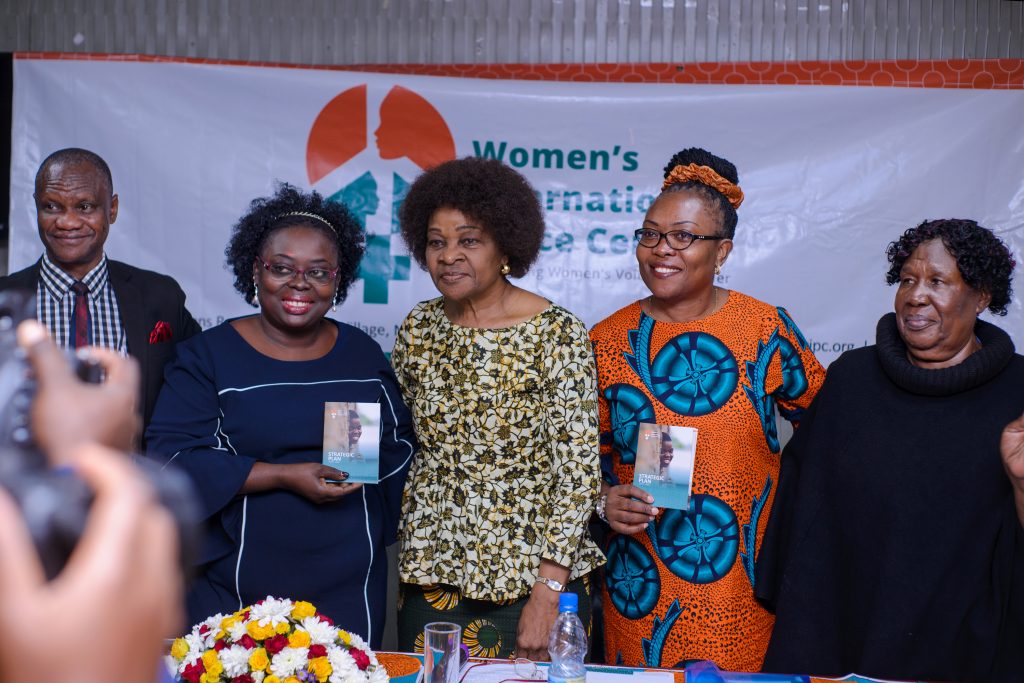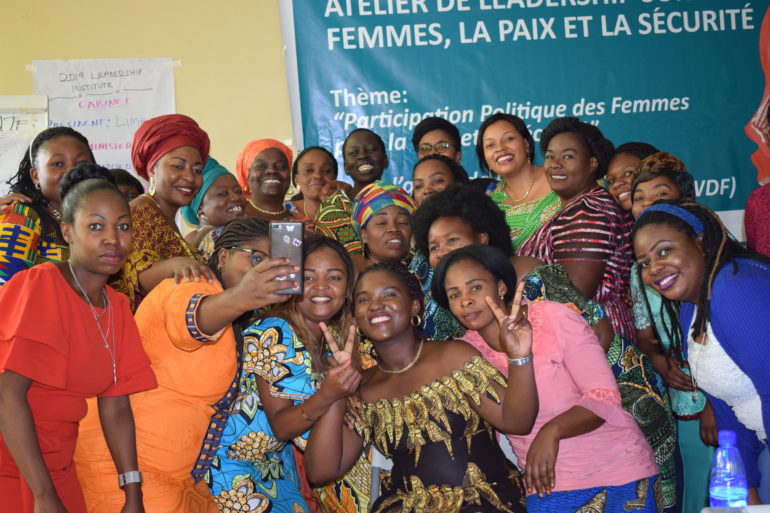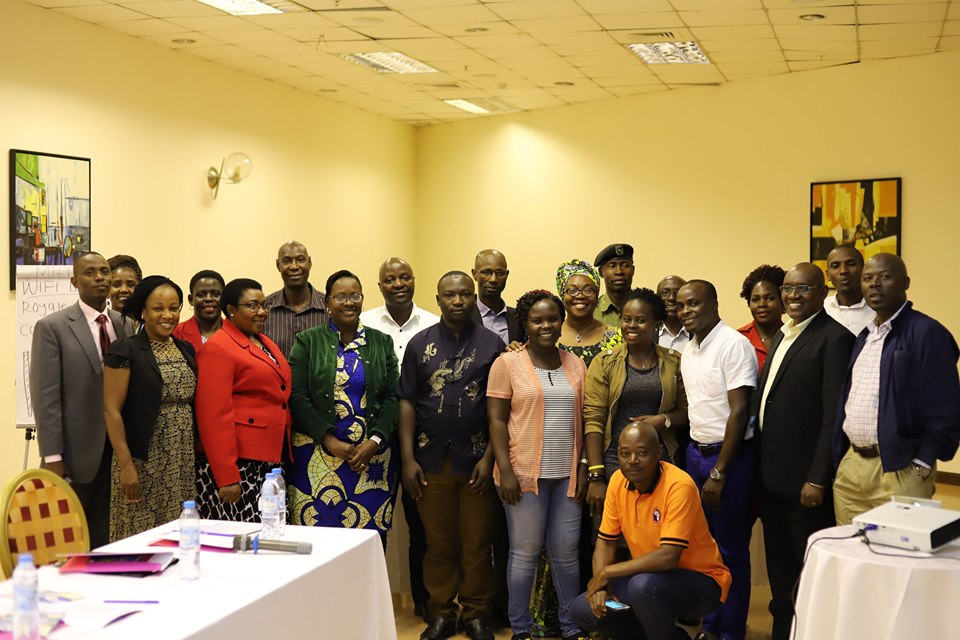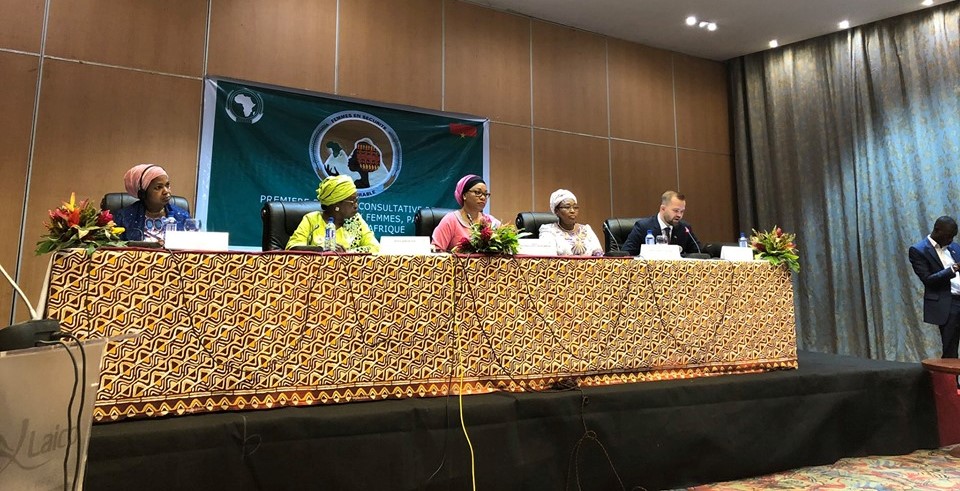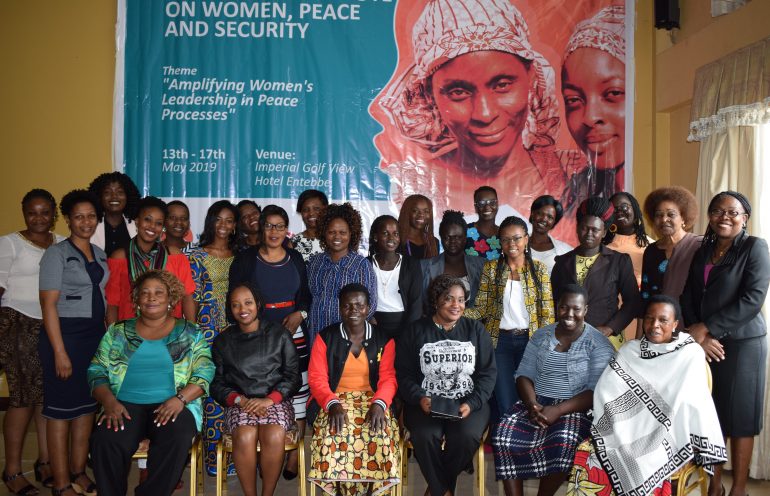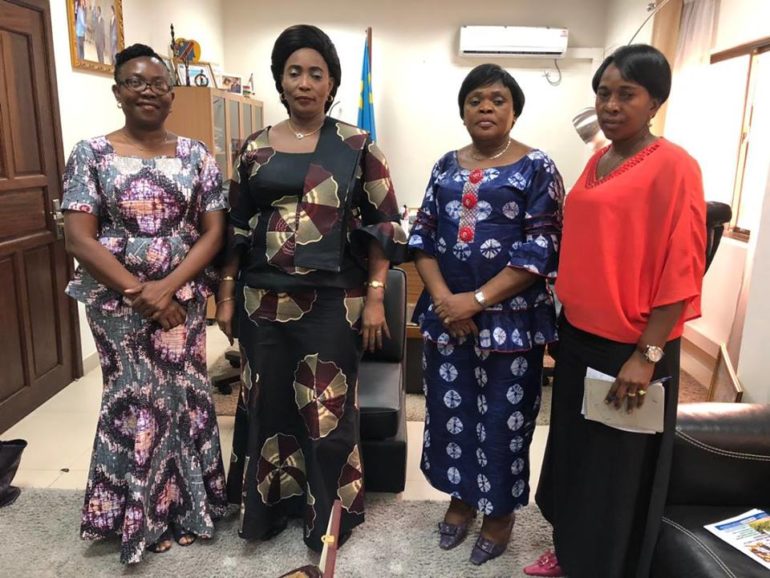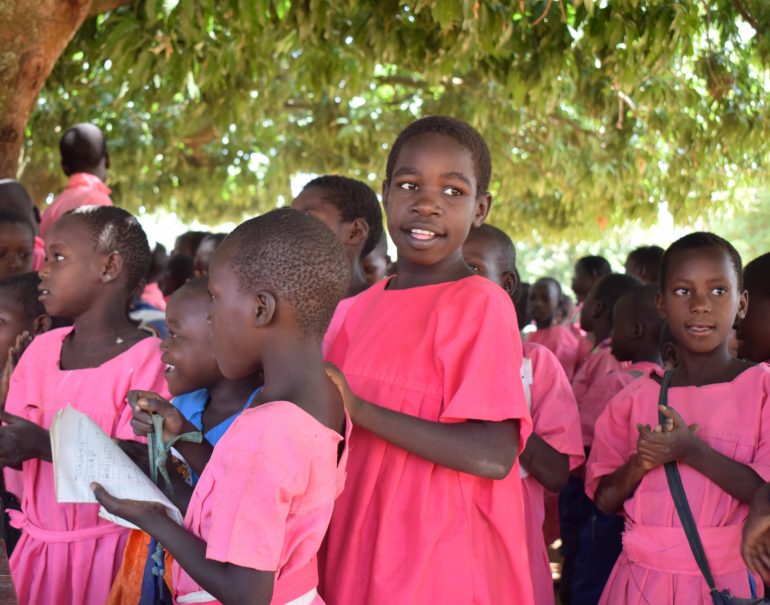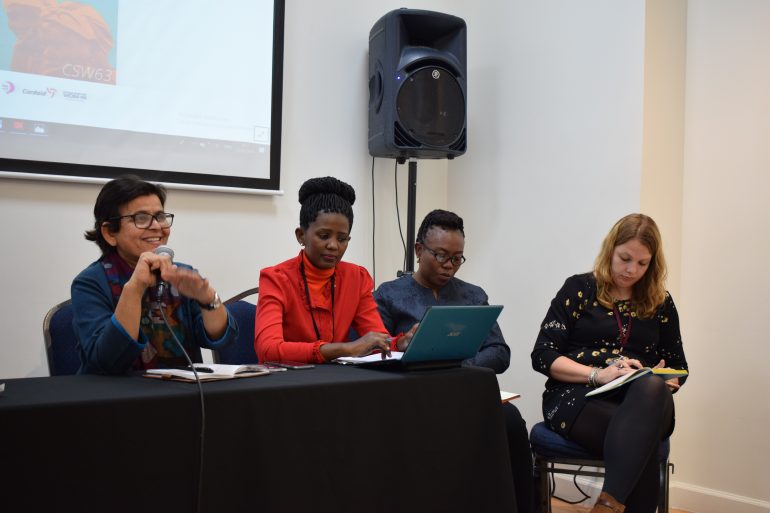Crises and Conflict directly derails education, yet it is education that is a catalysis towards renascence of Africa. The number and intensity of violent conflicts has increased in the past decade and Africa has not been an exception. In 2017 Africa experienced 18 state-based conflicts, a decrease from 21 in 2016, though the continent experienced a significant increase in non-state conflict; and the denominator is that girls and women bear the greatest human casualties. Based on the high population of girls and women affected by these conflicts, it is important that conversations majoring on education are focused towards actualization of education right during and post conflict periods. It is known that existing power dynamics and inequalities are amplified during conflicts, educational gains lost, social fabric torn, and thus jeopardizing the achievements of the continent’s Agenda 2063.
There is need to deliberate, understand and exchange ideas on policies, legislation, plans, financing and monitoring reforms within the education continuum while being cognizant of conflict situations in Africa. It is within this context that The Centre joined the Government of Kenya, the Canadian Government in collaboration with the Office of Special envoy of chairperson for African Union Commission of Women Peace & Security, and the Forum for African Women Educationalist (FAWE) in a one day conference focusing on girls and women’s access to education in conflict and post conflict situations in Africa and review existing implementation mechanisms by governments, CSOs and education stakeholders to harmonize execution, strengthen synergy and alignment to regional, continental and global educational frameworks.
The conference recommendations will contribute to the outcome document to be presented as African position on girls and women education in conflict during the Women Deliver conference in Canada in June 2019. The outcome of these deliberations will lead to formulation of policies for the continental position paper on girls and women education in conflict to be tabled at the African Union next Ordinary Session for endorsement and also inform the framework that the Office of African Union Special Envoy Women Peace & Security is currently adapting towards advocacy on education for girls and women in conflict, guide various government implementation strategies in conflict education as well as inform FAWE and other CSOs working education in conflict in Africa.
The #EducationInConflict conversation was held at Windsor Golf and Country Hotel in Nairobi Kenya, on 22nd May 2019 bringing representation from Government of Kenya, Government of Canada, African Union, all 33 countries where FAWE has presence, government representation from countries who are / have been faced directly /indirectly by conflict, within the past decade, civil society under GIMAC, the academia and experts in education in emergencies.

